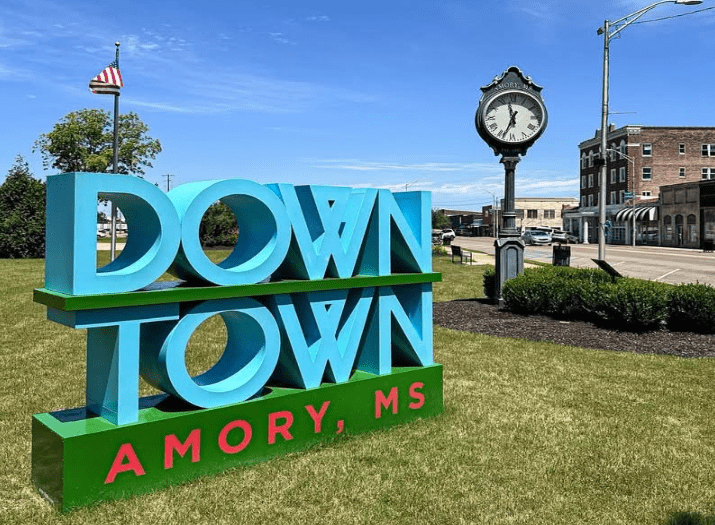Ted Olson is a brilliant lawyer and seems to know where the fight is. From his press release.
The Minor case raises First Amendment free speech issues concerning campaign contributions that are similar to the First Amendment issues addressed by the Supreme Court in the Citizens United decision handed down earlier this year.
Main Justice, Puffington Post and others seem to be breaking their backs trying to repeat the mistake. When Ted Olson represents George W. Bush, he is something akin to Darth Vader. All of the sudden, Olson is a left-wing media darling. Funny how that works.
However, all of the above listed, including Olson, seem to be missing the fact that all of Minor’s loans weren’t ‘campaign loans’ . . . unless you categorize a loan to buy a house for John Whitfield’s then-mistress constitutionally protected speech. Some of them were campaign loans, but most assuredly some were not. All were unquestionably improper.
From the 5th Circuit decision, here are the facts of the case.
Minor arranged for The Peoples Bank in Biloxi, Mississippi, with which he had substantial deposits, to grant Whitfield two loans with Minor serving as guarantor. Peoples Bank sought no collateral to secure the loans, but rather, in the words of the loan officer that handled the transactions, relied “simply on the strength of Mr. Minor’s financial ability” to ensure repayment. On October 12, 1998, Peoples Bank loaned Whitfield $40,000 for “campaign funds,” which he deposited into his campaign account. Later, after Whitfield’s successful reelection, Peoples Bank granted Whitfield another loan for $100,000 on November 19, 1998, the purpose of which was described in the loan documents as a “down payment on home.” Whitfield deposited the proceeds of this loan in the bank account of his then-girlfriend, who used the majority of the money to place a down-payment on a house for the two of them. Whitfield and his girlfriend spent the remainder of the loan proceeds to purchase home furnishings and to pay credit card bills. Whitfield never listed either loan on his campaign disclosure forms, nor did he report subsequent loan repayments made by Minor on the annual statements of economic interest that he was required to ile as a judge.
Down payment on a home? Home furnishings? Credit card bills? 6 month balloon payment structures? I’m no lawyer, but that don’t sound like any campaign loans I’ve ever heard of.
Then, of course, there was how these “campaign loans” were paid off.
Soon after the close of the Marks trial, Whitfield resigned from the bench, and Minor helped him obtain a job at a prominent law firm in Gulfport, Mississippi. At that point, Minor deviated from his standard method of payment on the loans by funneling money through Whitfield rather than paying the bank himself. In May and December of 2001, Minor wrote two checks to Whitfield for $15,000 and $10,000 respectively. The checks were accompanied by cover letters attempting to conceal their true purpose, which was revealed when Whitfield issued checks to Peoples Bank in the exact same amounts as soon as Minor’s checks cleared. Afterward, Minor returned to his practice of making cash payments directly to the bank.
Eventually, in July of 2002, federal and state bank examiners conducting a routine audit of Peoples Bank discovered and criticized the loans, which by that point had been consolidated into a single obligation. As a result, the bank requested that the debt be satisfied in full. Minor agreed, and instead of paying it off himself directly, he enlisted the help of Leonard Radlauer, an attorney from New Orleans, to act as a strawman. Radlauer, who was a friend of Minor’s from law school, was also an acquaintance of Whitfield and had contributed to his campaign when Whitfield first ran for office. Minor asked Radlauer if he would pay off the Whitfield loan in order to “keep it out of the newspapers” and assured Radlauer that he was not “doing anything funny.” Radlauer agreed, and on August 27, 2002, Minor wired $125,000 to Radlauer’s account in New Orleans. That same day, Radlauer wired $118,652.42 to Peoples Bank to pay off Whitfield’s loan. Minor insisted that Radlauer keep the difference, but Radlauer eventually returned the money to Minor.
Some three weeks later, Minor traveled to New Orleans and approached Radlauer in a local bar appearing “panic stricken” and “very nervous.” Minor informed Radlauer that the Federal Bureau of Investigation (FBI) might want to talk with him and assured him that Whitfield would pay him back. When Radlauer protested that there was nothing to repay, Minor suggested that he misrepresent the true nature of the transaction to the FBI so as to conceal Minor’s role. In the meantime, a FedEx envelope from Whitfield’s law firm containing a falsified Whitfield promissory note to Radlauer for$117,013.21 had arrived at Radlauer’s office. The note was back-dated to August 26, 2002, the day before Radlauer had made the wire transfer to Peoples Bank. The envelope also contained a handwritten note from Whitfield thanking Radlauer for his “assistance” and “kindness” in paying off the loan and assuring Radlauer that he would “repay the entire amount plus interest.” Realizing that he had been drawn into a “shady” transaction, Radlauer immediately returned the false promissory note to Whitfield, and, in a letter sent to both Whitfield and Minor, insisted that he be kept out of any improper arrangements in the future. Neither man responded
If they were just ‘campaign loans’, why all the cloak and dagger to pay them off? IMHO, it really was because Minor had tried to and successfully did influence Whitfield through these loans.
As we say down here, Olson has a tough row to hoe. However, if he hangs his appelate hat on just constitutional free speech on “campaign loans”, that likely won’t work out too well.







